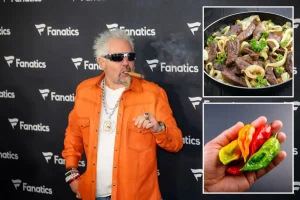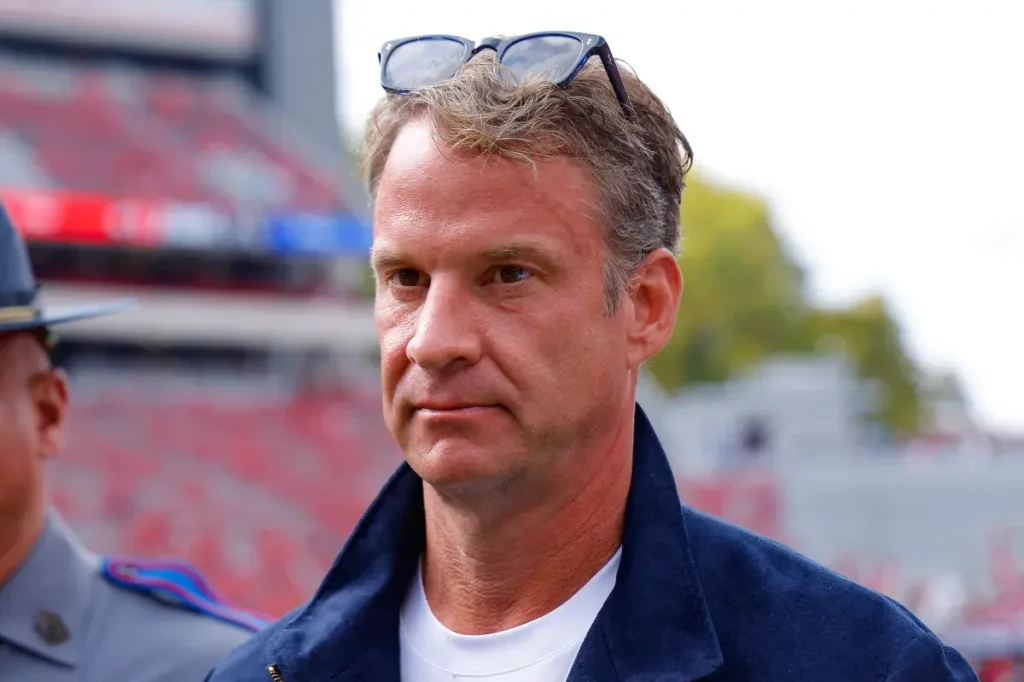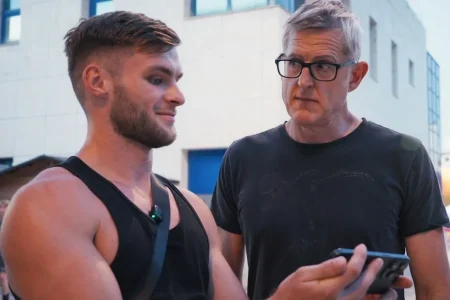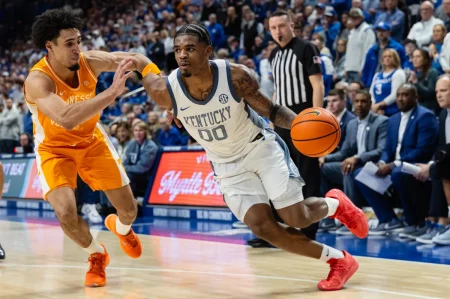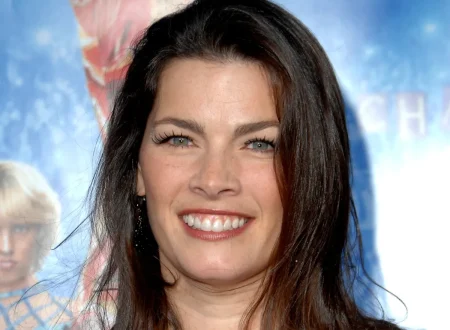Florida’s Coaching Change: A New Chapter Begins
In a decisive move that has sent ripples through the college football world, the University of Florida parted ways with head coach Billy Napier this past Sunday. The decision came after a disappointing 3-4 start to what many Gator fans had hoped would be a season of redemption. As the program now turns to wide receivers coach Billy Gonzales to serve as interim head coach, Athletic Director Scott Strickland has launched what promises to be an extensive nationwide search for the next leader of one of college football’s most storied programs.
Florida’s football legacy speaks for itself – four national championships that stand as testaments to the program’s historical significance in the college football landscape. Yet there’s a certain weight to the fact that the Gators haven’t claimed a national title since Urban Meyer’s 2008 team hoisted the trophy. In the years since Meyer’s departure after the 2010 season, Florida has experienced flashes of brilliance but nothing sustained enough to return them to the pinnacle of college football. Their best post-Meyer seasons came under Will Muschamp in 2012 and Dan Mullen in 2019, with both coaches leading the team to impressive 11-2 records. However, even these successful campaigns fell short of securing a spot in the College Football Playoff, a stage the Gators have yet to grace despite their rich football tradition.
What makes the Florida job particularly attractive to potential candidates is the combination of resources, passion, and potential. The Gators boast a robust Name, Image, and Likeness (NIL) structure that allows them to compete in today’s evolving college sports landscape. Their fan base remains one of the most passionate in the country, filling Ben Hill Griffin Stadium – “The Swamp” – with a sea of orange and blue on game days and creating one of college football’s most intimidating atmospheres. These factors have naturally led to speculation about who might take the reins, with high-profile names like Ole Miss’s Lane Kiffin and former Penn State head coach James Franklin emerging as potential candidates in early discussions.
Despite these advantages, Chris Vannini of The Athletic highlighted a significant concern that could give prospective coaches pause – the institutional instability at the University of Florida. In his assessment of the job’s attractiveness, Vannini awarded UF a concerning “D” grade for stability, citing leadership turmoil at the highest levels. The university currently lacks a permanent president following a controversial situation where the school’s board of trustees unanimously recommended hiring Michigan president Santa Ono, only to have the state’s board of governors reject him over his handling of various political issues. This follows the brief two-year tenure of former president Ben Sasse, who stepped down citing family health concerns amid his own set of controversies. Even Athletic Director Scott Stricklin’s position carries an unusual arrangement – while he recently signed a three-year extension, the deal includes provisions for him to transition into a semi-retirement role beginning in 2030.
This administrative uncertainty creates a challenging backdrop for any incoming coach. Stability in leadership is crucial for coaches who need time to implement their vision and build a sustainable program culture. Coaches naturally worry about new administrators wanting to bring in their own people, potentially cutting short what should be a multi-year rebuilding process. This concern becomes particularly relevant at a program like Florida, where expectations are always sky-high and patience can sometimes be in short supply. However, Vannini suggests that any new hire will likely receive a substantial contractual buyout provision, providing some financial security against the potential for rapid administrative changes triggering premature coaching turnover.
The Florida job represents both tremendous opportunity and significant challenge. For the right coach, it offers a chance to restore one of college football’s sleeping giants to national prominence, with all the resources necessary to compete at the highest level. The new head coach will inherit a program with championship DNA, passionate supporters, and the recruiting advantage that comes with being in one of the most talent-rich states in the country. Yet they will also step into an environment where institutional stability questions linger and where the pressure to win quickly will be immense. As Strickland conducts his search, finding someone who can navigate these complex dynamics while building a championship-caliber program will be the priority. For Florida fans, the hope is that this coaching change marks not just another transition, but the beginning of the Gators’ return to national prominence.

